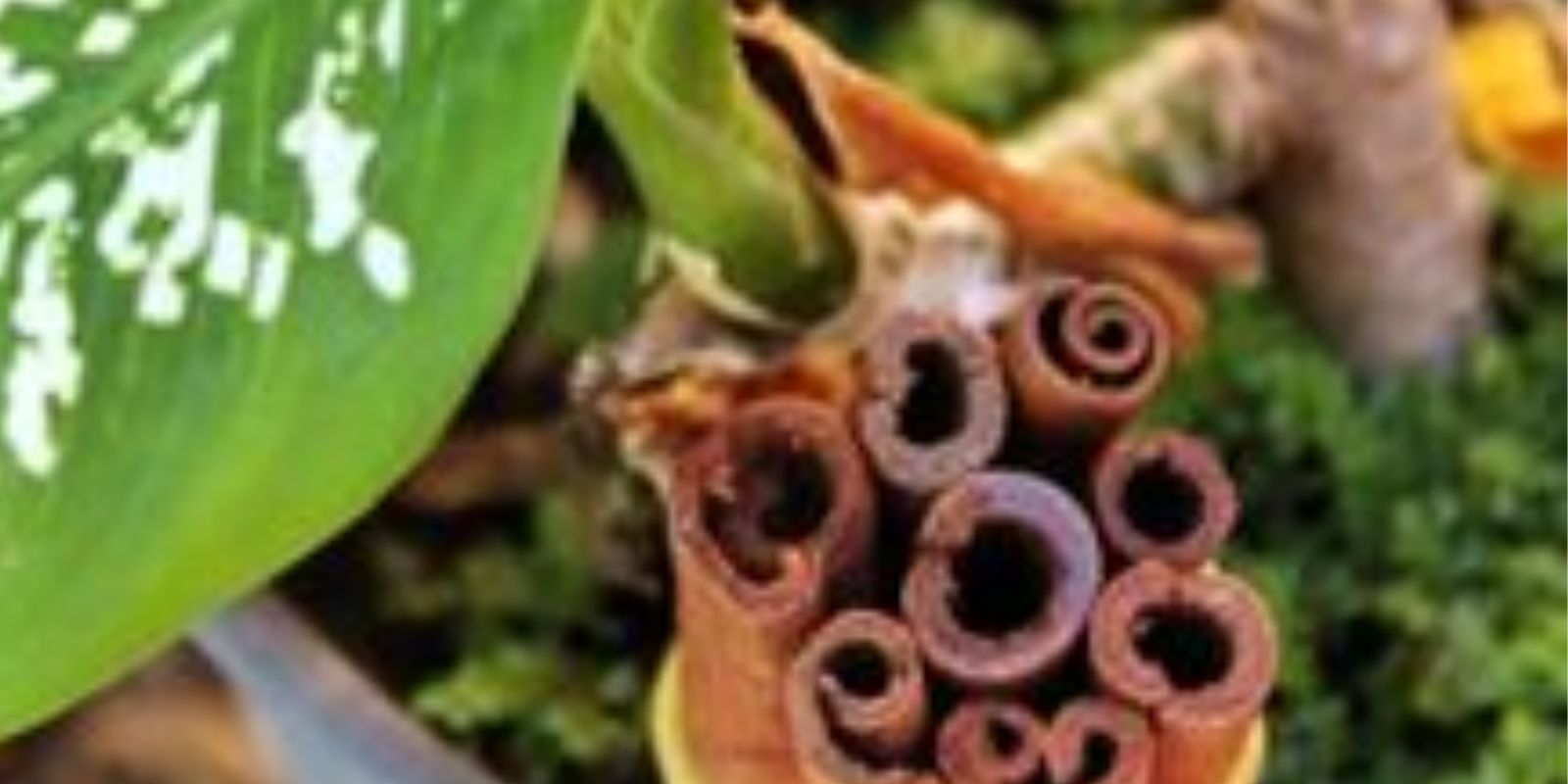In the world of gardening, maintaining plant health and protecting against pests are essential tasks for nurturing thriving green spaces. While there are many commercial pesticides available, these often come with concerns about environmental impact and potential harm to beneficial insects. Fortunately, there are natural alternatives that can effectively deter pests without the drawbacks of synthetic chemicals. One such method gaining popularity among gardeners is using cinnamon, a common kitchen spice with surprising protective properties for plants.
Introduction
Gardening enthusiasts and eco-conscious homeowners alike are increasingly turning to natural remedies to safeguard their plants against pests. Among these remedies, cinnamon stands out not only for its aromatic qualities and culinary uses but also for its ability to repel insects and promote plant health. This article explores the benefits of using cinnamon in gardening, detailing its application, effectiveness, and why it’s a preferred choice for those seeking eco-friendly pest control solutions.
Understanding the Cinnamon Method
Cinnamon, derived from the inner bark of several tree species, contains compounds that insects find repulsive. When applied around plants or on the soil, cinnamon acts as a natural deterrent, creating a barrier that insects are reluctant to cross. This method is particularly useful for protecting seedlings, indoor plants, and garden beds from common pests like ants, aphids, and fungus gnats without the need for harsh chemicals.
How to Apply Cinnamon for Plant Protection
- Choosing the Right Cinnamon:
- Opt for pure cinnamon powder or ground cinnamon sticks without added sugars or artificial ingredients. Organic options are preferable to ensure purity.
- Application Techniques:
- For Seedlings and Indoor Plants:
- Lightly dust cinnamon powder around the base of seedlings or pots to prevent crawling insects from reaching tender roots.
- For Garden Beds:
- Sprinkle cinnamon liberally around the perimeter of garden beds or directly onto the soil around plant stems to deter ants and discourage fungal growth.
- Reapplication and Maintenance:
- After rain or watering, check the application areas and reapply cinnamon as needed to maintain its effectiveness. This ensures continuous protection throughout the growing season.
Benefits of Using Cinnamon in Gardening
- Natural and Non-Toxic: Unlike chemical pesticides, cinnamon is safe for plants, pets, and beneficial insects like bees and ladybugs.
- Antifungal Properties: Cinnamon’s natural compounds also exhibit antifungal properties, making it effective against soil-borne pathogens that can harm plant roots.
- Cost-Effective and Readily Available: Cinnamon is a pantry staple found in most kitchens, making it a convenient and affordable pest control solution.
Practical Tips for Success
- Monitor Plant Health: Regularly inspect plants for signs of pest activity or fungal issues. Early detection allows for prompt treatment with cinnamon to prevent damage.
- Integrate with Other Methods: Combine cinnamon with companion planting, mulching, and proper watering practices for comprehensive plant protection.
Environmental Considerations
Using cinnamon as a pest deterrent aligns with sustainable gardening practices by reducing reliance on synthetic chemicals that can harm ecosystems and waterways. By choosing natural alternatives, gardeners contribute to a healthier environment while cultivating thriving gardens that support biodiversity.
Conclusion
The cinnamon method offers a holistic approach to plant protection, balancing effectiveness with environmental stewardship. Whether you’re a novice gardener or seasoned enthusiast, integrating cinnamon into your gardening routine provides peace of mind knowing that your plants are safeguarded naturally. Embrace this eco-friendly solution to nurture flourishing gardens and enjoy the beauty of pest-free plants, all while contributing to a greener and more sustainable future. Happy gardening!

